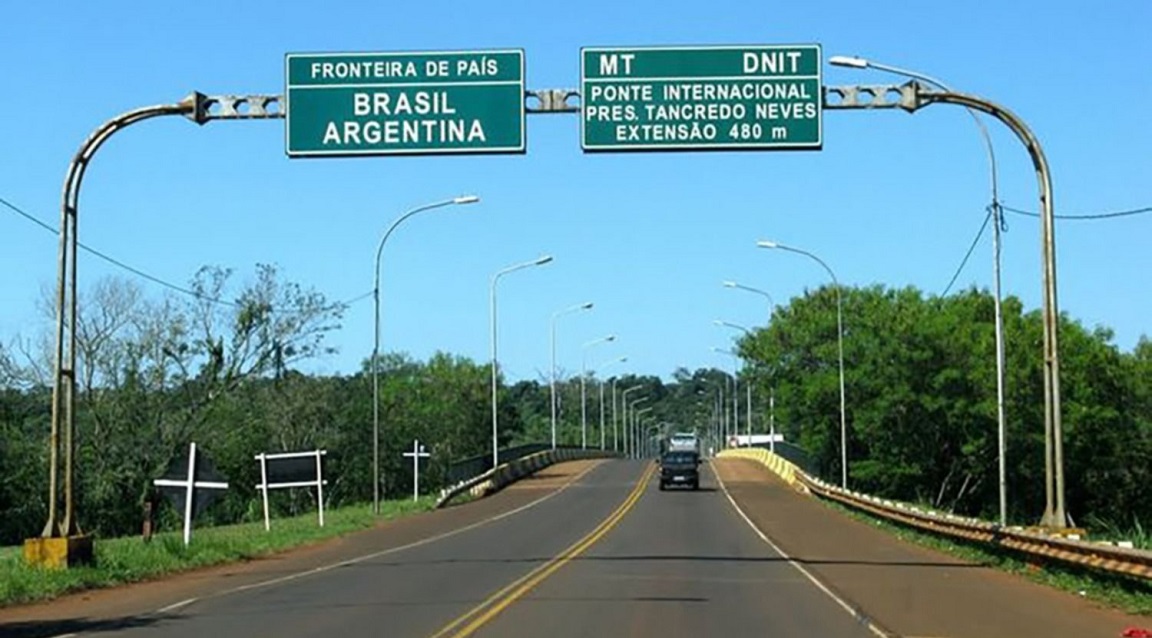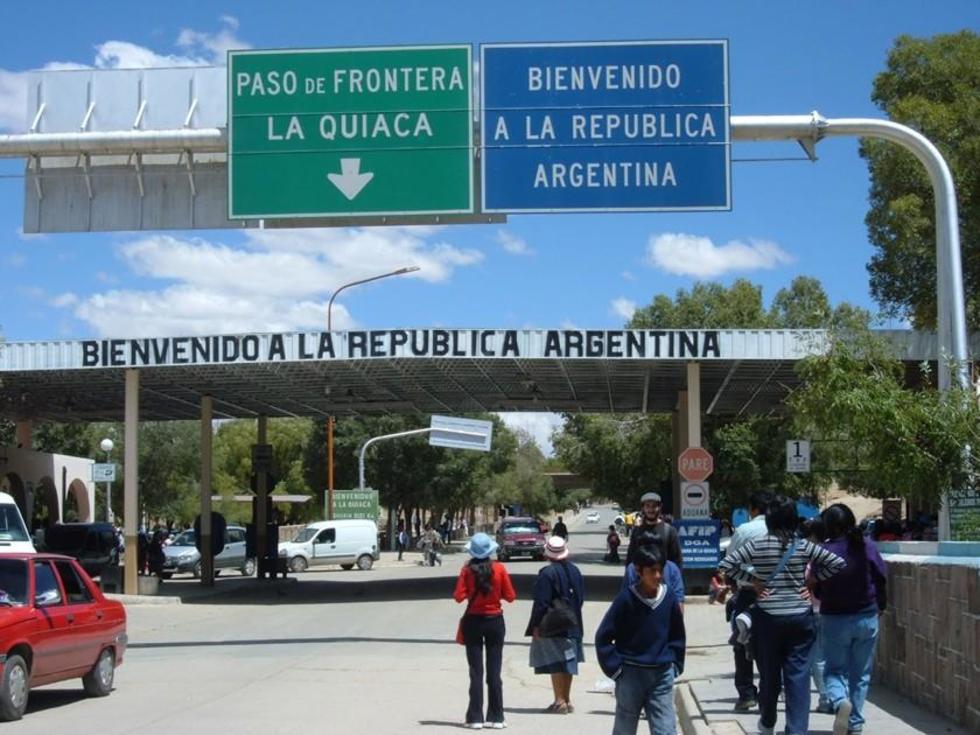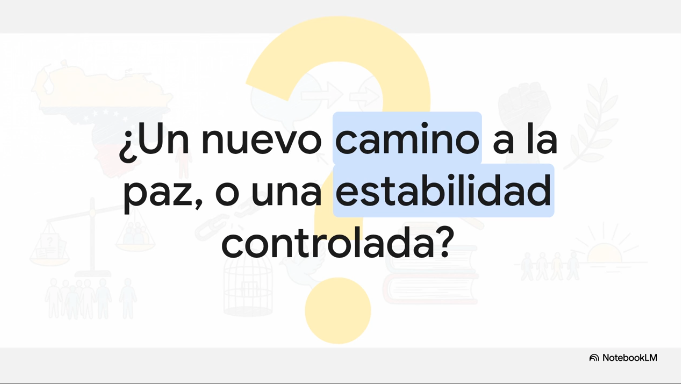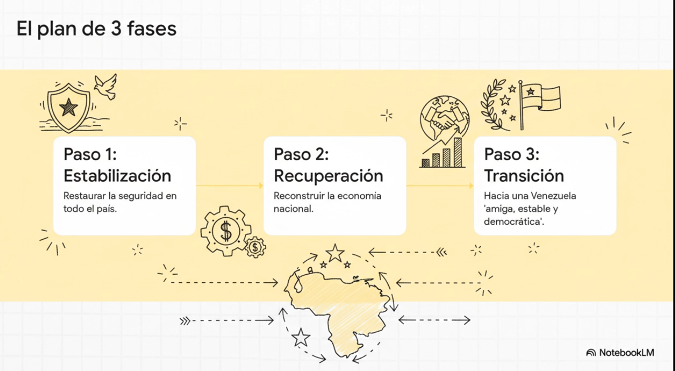Professionals listed in leaks like the “Panama Papers” without committing any crimes
The long lines at immigration offices in El Salvador and Honduras are not just due to traditional migration procedures. In recent weeks, a practice has sparked controversy: immigration authorities in both countries are reportedly using Google to evaluate the online reputation of Venezuelan citizens attempting to enter, whether as their final destination or in transit.
Numerous testimonies published on news portals and social media reveal a growing trend of thoroughly questioning Venezuelan travelers, withholding their passports while agents analyze online search results. This phenomenon, which has raised concerns among human rights organizations, highlights the growing importance of digital footprints in official decision-making.
What Are Immigration Authorities Searching for on Google?
According to several reports, immigration agents use Venezuelans’ full names to conduct Google searches and obtain results related to criminal records, news articles, and social media mentions. Those affected report being questioned to determine if the information found actually pertains to their identity.
This procedure, although not formally regulated, has become a frequent tool for authorities. "They asked us if we had been involved in crimes, protests, or if our name appeared in compromising articles. They showed me a note from years ago published by an unknown portal," recounts María Fernanda R., a young woman from Caracas who was attempting to enter Honduras.
The Burden of Digital Reputation<br data-end=»1647″ data-start=»1644″ />
In the digital age, online reputation has become one of the most valuable assets for any individual. However, many Venezuelans face a complex scenario. Some have been linked to judicial cases due to past mistakes, others have been victims of false accusations or simply appeared in media controlled by the Venezuelan government that disseminated unverified content without evidence.
The reality is that anyone with internet access — including immigration officials — can search a name on Google and find a public history that does not always reflect the truth. And in countries where border security has tightened, an unfounded article may be enough to deny a traveler entry.
Control vs. Lack of Control Over Information
While self-published content — on social media, blogs, or channels like YouTube — can be moderated or deleted, the same is not true for content published by third parties. News reports, opinion forums, anonymous comments, and even posts from media linked to extortion networks can remain online for years, seriously affecting a person’s reputation.
This type of content can be difficult to remove and, in many cases, is indexed prominently by search engines like Google, appearing among the first search results and generating an immediate negative perception.
Venezuelans Face Invisible Filters
Currently, Venezuelans are being “googled” not only to enter countries like El Salvador and Honduras but also to rent properties, obtain jobs, conduct business, or participate in academic and sports events. Media exposure, whether true or not, can become an invisible yet extremely powerful barrier.
Digital reputation experts warn that those affected should act promptly, as cleaning a name from the internet can take six months to two years, depending on the severity of the case and the amount of negative information indexed.
A Digital Solution to a Digital Problem: Smart Reputation
One of the most recognized tools for addressing these cases is Smart Reputation, a specialized service that offers a free diagnosis of anyone’s online reputation status. Through its mobile app available for iPhone and Android, users can find out how compromised their name is on the internet.
Smart Reputation’s software focuses on pushing negative content to less visible pages in the search engine, using reverse SEO techniques and strategies for creating positive content.
According to its CEO, Hernán Porras, cases such as politically persecuted Venezuelan citizens, those accused without evidence, victims of extortion networks, or those involved in baseless scandals can be successfully addressed.
Common Cases Handled by Smart Reputation
The firm has documented multiple situations in which it has intervened with satisfactory results:
-
Venezuelans exiled for political reasons with presence in state-affiliated media
-
Individuals with minor offenses from over a decade ago
-
Citizens falsely linked to corruption, drugs, or money laundering cases
-
Professionals listed in leaks like the “Panama Papers” without committing any crimes
-
Victims of defamation campaigns on anonymous blogs and social networks
-
Doctors and artists affected by unverified accusations
These cases demonstrate that digital reputation, although intangible, has a real impact on people’s lives — especially in the context of international mobility, where immigration decisions can depend on a simple Google search.
What to Do If Your Name Is Compromised?
The first step is to search your own name online and analyze the results. If you find damaging information, the recommended course is to consult an online reputation expert. Services like Smart Reputation can provide a roadmap to clean up your digital image and restore personal credibility.
Today more than ever, taking care of our digital presence is not a luxury but a necessity. In a world where everything gets “googled,” our online reputation might be the most important passport we have.
More info:
SEO keywords: online reputation, Venezuelans in migration, El Salvador migration, Honduras migration, smart reputation, clean digital reputation, googling names, retained passports, Venezuelans in transit, digital immigration control









